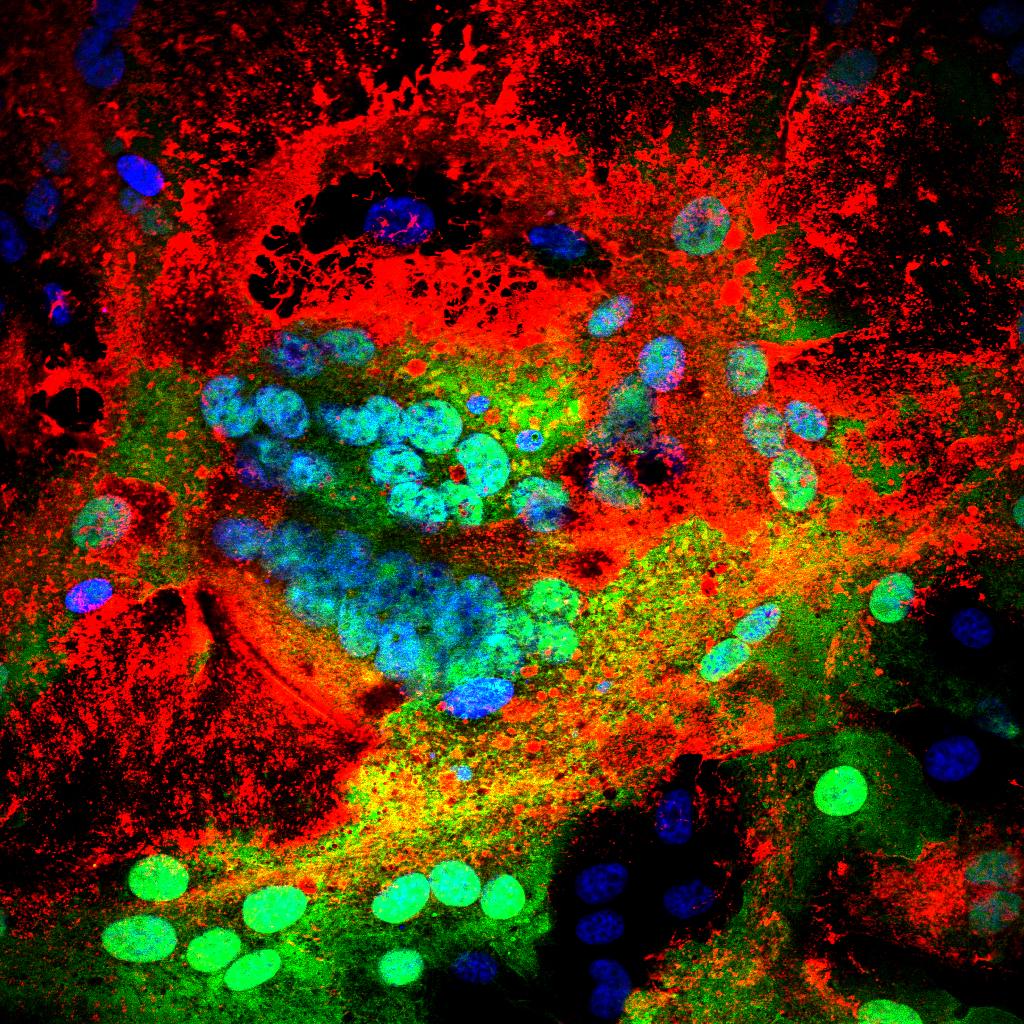Molecular detection, isolation and characterization of peste-des-petits ruminants virus from goat milk from outbreaks in Bangladesh and its implication for eradication strategy
Peste-des-petits ruminants (PPR) is a highly contagious transboundary viral disease of small ruminants, which is endemic in much of Africa, the Middle East and Asia. In South Asia, PPR is of significant concern to the Indian subcontinent including Bangladesh as more than 30% of the world's sheep and goats are farmed in this region, predominantly by small, poor and marginal farmers. PPR virus was detected and isolated from goat milk from field samples from PPR outbreaks (2012-2015) in Bangladesh and its full-length sequences obtained. Sequence analysis of the partial N gene of Bangladesh isolates showed 99.3%-100% identity whereas 98.2%-99.6% identity was observed when compared with neighbouring Indian viruses. Further analysis of the full-length genomes indicated that the Bangladesh isolates were 99.3%-99.99% identical among themselves and 98.3%-98.4% identical to neighbouring Indian viruses. These findings further support the transboundary transmission of PPR virus across the Indian and Bangladesh border. In additional, the establishment of a cross-border strategy between India and Bangladesh will be of paramount importance for the eradication of PPR in this region. Molecular detection and isolation of PPR virus from milk is of significant potential concern for spread of the disease to free areas as the major producers of goat milk globally are PPR endemic countries in particular India and Bangladesh, as well as Sudan. Milk is a noninvasive sample type and bulk goat milk sampling for the detection of PPRV would be of practical significance for regional surveillance of PPRV as progress is made towards the targeted 2030 eradication.
